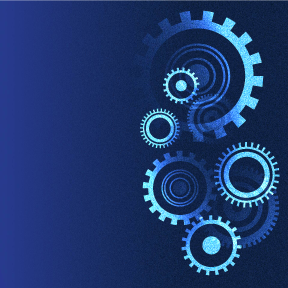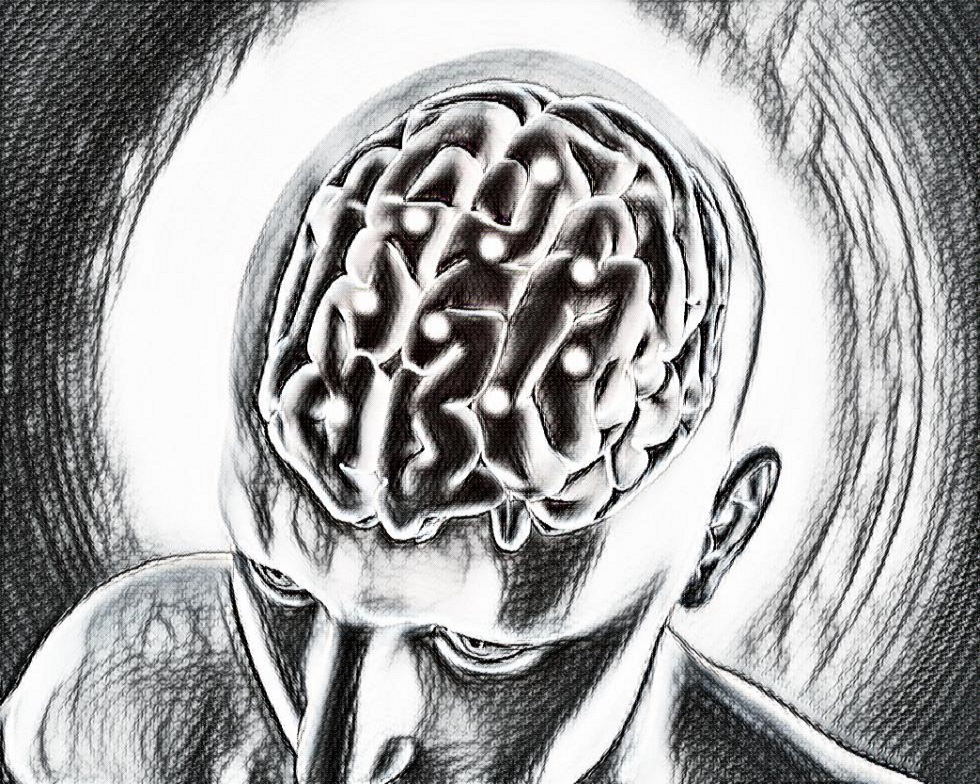Together We Can
Overcome Mental Discomfort
Re-Programming
Is Possible
and
You Can Be The Protagonist
Of Your Real Change

We Are Biological Machines
Programmed By Our Caregivers

- How We Change Our Personality -
Attachment provides the core knowledge of our personality: 7 pieces of elementary information that constitute the socio-psychological firmware of our mind. For this implicit (non-verbal) data to be imprinted, not only the attachment system needs to be active, but the situation needs to be perceived as extremely relevant from an adaptation point of view. Attachment is, indeed, an evolutionary mechanism. For example, avoidance will be imprinted if we perceive that the insensitivity (or sensitivity) of our caregiver is critical to our need for emotional care. Phobicity will be imprinted if we perceive that the absence (or presence) of our caregiver is critical to our need for protection. Each dimension is related to specific kinds of situations.
Re-programming the mind means re-writing our Internal Working Model — i.e. one or more of the 7 attachment dimensions that constitute the basis of our personality. This is Real Change.
Re-writing is indispensable in case of psychological discomfort connected to attachment, whose dimensions are directly related to the most common mental conditions — dissociative, anxiety, mood, eating, and obsessive disorders, for instance.
In the following sections, we cover in more detail the 3 key elements involved in Real Change. To re-program our mind, we need to know that:
- There is a relationship between attachment/personality and mental discomfort;
- A specific relational context and process need to be set up for the mind to be actually re-programmed;
- Real Change is possible, and we can help you achieve that whenever you feel the time is right for you.
3 Key Elements Involved in Real Change
What We Need To Know About
The Reprog of Our Mind
Attachment/personality dimensions whose values do not match the current context of life can cause maladaptation and mental discomfort. Typically, negative childhood experiences are the basis of later dysfunctional conditions.
Each dimension is related to specific areas of socio-psychological adaptation and, as a result, it tends to cause particular kinds of conditions, although there is no rule for that. An excessively high dimensional level tends to cause problems, but the manifestation of such problems always depends on the specific case.
In this section, we cover the most straightforward connection between each dimension and mental conditions.
The fundamental Reprog principles are:
- The mind cannot be reprogrammed autonomously. In other words, we cannot reprog our own mind by ourselves.
- Another person cannot reprog our mind directly either. Our caregivers do that indirectly (and unconsciously) through the attachment relationship.
- To reprog our mind, we need to set up a proper relational context based on cooperation and trust.
The essential element to allow for the reprogramming of our mind is having an attachment relationship, and a positive one needs to be present or constructed to realize such an operation functionally. Reprog is a very delicate process that varies in every single case, and we need to take our time for that.
A therapist who wants to accompany us on the way to Real Change needs to know the nature of the whole process and be prepared to help with undertaking it. However, the most essential element is building a cooperative and trusting relationship, and trust is something that is built over time and must be deserved.
There are 3 major elements for the reprog process to be realized. They are:
- Identifying the context.
- Distancing from the context.
- Transforming the context.
We will give some more explanations shortly, considering that for everyone reprog is different and the quality of the experience cannot be properly translated into words.
For Prog The Mind, a secure relationship between the therapist and the client is the most essential part of the therapeutic process. It is the cradle of self-development.
Indeed, the reprog can only be accomplished in an adequate relational context, and our psychologists are here to offer such a context.
Three principles inspire the establishment of such a solid relationship:
- Authenticity.
- Cooperation.
- Reflectivity.
This is how we feel a psychologist needs to be.
Prog The Mind is here to help. You can reach one of our therapists by simply contacting us.
There Is a Bad and a Good News About Psychological Discomfort
F.A.Q.
Re-Programming
The mind can be thought of as a computer that acquires and processes information. We can learn in different ways and, most of the time, we do that unconsciously. The most important information that we learn about others and ourselves is literally imprinted in our brain with no direct control over neither the content nor the process. This kind of acquisition is – indeed – a kind of programming.
It means that their actions have a causal role in determining the information we get imprinted. In other words, the mind is programmed in attachment relationships, and our caregivers determine the quality of such relationships. They cannot directly program our mind, and normally the process is completely unconscious. The quality of the relationship – as we perceive it – provides the information that is finally imprinted. It is a particular kind of programming – a biological one, very different from programming an artificial computer.
Psychology is usually defined as the science of mind and behavior, and clinical psychology as the branch of psychology that aims to promote psychological wellbeing, especially helping people overcome (what can be in general called) psychological discomfort.
Theory is essential to the understanding of the reasons why we do what we do, both when we feel good and when we don’t. The clinician uses theory to develop effective treatments, but that is only one side of the coin. Understanding is key to self-development and, therefore, to overcome psychological discomfort. It is not enough though. Active experience in one’s life is also indispensable.
Personality is a complex concept. We can think of it as our fairly stable psychological traits. Many factors can affect personality. The most important are the biological (how we are made, our constitution) and the knowledge ones (what we learn). We focus on the information we acquire, especially in our most important relationships, with our parents and partners.
A caregiver is a person to whom we attach to obtain some form of care. When we are children, we attach to our mother and/or father, but we tend to attach at any age. Typically, we attach to a romantic partner for example. The care we look for can assume different forms. It can be essential physical and emotional support but also more sophisticated, such as psychological reference and ethical guidance.



